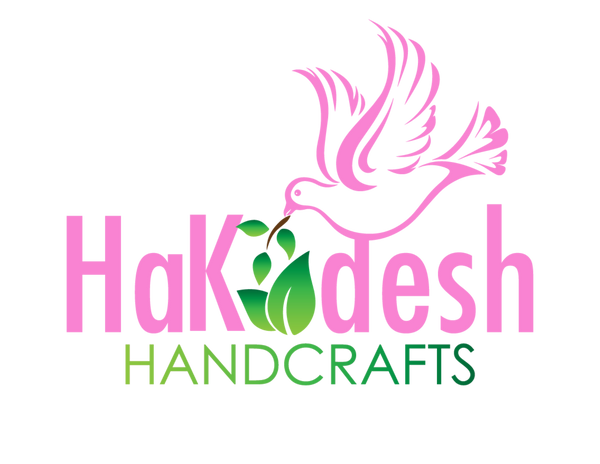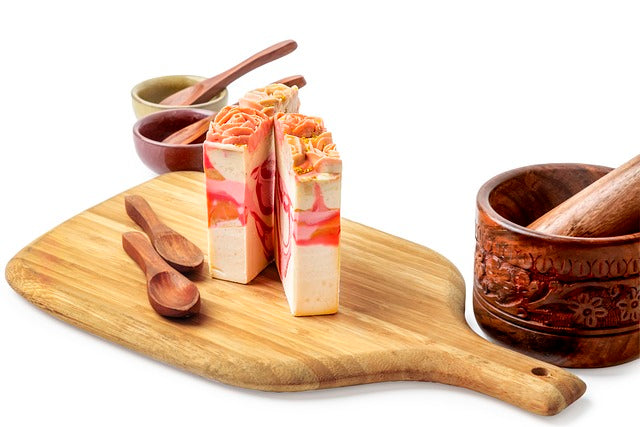
Soap, a product that we use daily, often without much thought. But have you ever wondered what soap really is? How it's made? Or how it cleans? Let's dive into the fascinating world of soap.
What is Soap?
Soap is created by the chemical reaction of a fatty acid with an alkali hydroxide. This reaction, known as saponification, produces soap and glycerin. The fatty acids usually come from plants (like coconut or olive oil) or animals (like tallow or lard), and the alkali is typically lye, or sodium hydroxide.
The Saponification Process
Saponification is the heart of soap-making. It begins when the fats or oils are heated and mixed with the lye. As they interact, they transform into soap and glycerin. This process can take anywhere from a few hours to a few days, depending on the method used.
Soap cleans by acting as an emulsifier. It allows oil and water, which normally don't mix, to combine. When you wash your hands with soap, the soap molecules surround and lift away the dirt and oils on your skin. When you rinse, the water washes away the soap and the attached dirt and oils, leaving your hands clean.

Soap making isn't just a science, it's also an art. Soap makers can add a variety of ingredients to their soaps to create unique combinations. These can include essential oils for fragrance, herbs for exfoliation, and natural colors for visual appeal. The possibilities are endless, and this is where soap making becomes a creative outlet.
The Benefits of Handmade Soap
Handmade soaps have many benefits over commercial soaps. They are often made with natural ingredients and avoid harsh chemicals found in many commercial soaps. Glycerin, a natural moisturizer, is also retained in handmade soap, keeping your skin hydrated. Look at you favorite soap label the next time you shower. If you cannot recognize and pronounce the words on your label, it's probably synthetic.
Soap making is environmentally friendly. Here at HaKodesh Handcrafts, we use sustainably sourced, organic ingredients. Handmade soap also reduces plastic waste, as it can be sold in minimal or recyclable packaging.
Try our soaps at HaKodeshHandcrafts.com
Soap is a fascinating combination of science and art. It's a product that we use every day, yet its creation and function are often overlooked. Whether you're a soap maker or a soap user, understanding what soap is and how it works can give you a new appreciation for this humble cleansing agent.
So next time you reach for that bar of soap, take a moment to appreciate the science and artistry that went into creating it.

